by Ericka Toney, Alumni Coordinator & VISTA Member, and Joel Tolman, Director of Impact & Engagement
This spring, our Facebook feeds filled up with pictures of alumni in college graduation gowns. Teachers, classmates, and family members piled on with notes of congratulations. James Beech graduated from Oberlin College with a degree in Geology. Myles Rey completed a mathematics major at Fairfield University. Michael Bruno earned a degree in Landscape Architecture from University of Connecticut. Samantha O’Brien graduated from Hampshire College; her senior capstone project was titled, “Environmental Integration in Secondary Science Curricula: Teaching Environmental Literacy.” Our community had lots to celebrate.
Whether our students persist in college, and whether they earn college degrees, is one of the most important ways that Common Ground measures our work. And yet, sticking with college can be incredibly difficult — especially for students from low income families, and for students who will be the first in their family to graduate college. Many Common Ground grads face these and other obstacles: learning disabilities, college campuses where their racial identities makes them feel isolated and targeted, and more. In the face of these obstacles, many of our alumni are showing remarkable grit and resilience — finding the supports they need, looking within themselves, switching schools while keeping their eyes on the prize, advocating for the changes necessary to make college work for them. In the class of 2014, more than 90% of the Common Ground graduates who enrolled in college returned for their sophomore year.
What does it take for a young person to stick with it through college graduation? We decided to ask a few of our most recent college grads — who took different paths through college, at different institutions — about their journeys through college. You can read highlights below, and click through to learn more about their experiences.
Tyler Johnson, Common Ground ‘10, Gateway ‘15
My advice would be to find YOUR reason to stay in school. If you feel like there is no reason I would tell you to think about who you are going to school for … Find a motivator, something or someone to get you going.
For me, that motivator is my family. My aunt graduated from University of Bridgeport. My mom is taking online courses right now whenever she can, and my little cousin is in high school and looking. I’m really proud that my mom is taking college courses now. At the high school she went to, she never got the education that she needed, because of that she never felt like college was for her. Now she see me going and feels like ‘maybe I should better myself as well’ and actually asking me for help.
Anthony Campbell, Common Ground ‘12, University of Connecticut ‘16
I did my best to walk in without expectations. Students who walk in with specific expectations really get a culture shock. The portrayal of college in media, or from people who went 10 or 20 years ago, can be really misleading. The portrayal is that it’s either really hard or really easy, and you just get thrown into one or the other, it’s not your choice. Or, there’s a portrayal that if you don’t join in certain things, you’re not having the real college experience.
The thing that I learned, and that I try to tell new students, is that it’s your experience, it’s under your control. I want to be that kind of a role model. I want to sit down with students, and tell them, you are the one who controls your future. I am black and gay, and that could be seen as two things against me. But, walking across campus, I know that I am prominent, I know that people recognize me. I want them to recognize me as someone who created change, who made a difference.
Mikael Brooks, Common Ground ‘12, University of Bridgeport ‘16
I think I succeeded partly due to and partly in spite of my mental disorder. Being on the autism spectrum has always been a guiding part of my life, both in my struggles and my successes. Being autistic can cause problems in how people perceive me, or in how I perceive them. The essence of the disorder can change how I approach things — sometimes for the better, sometimes for the worse. Social interactions can become harder.
But this is also very importantly why I went to college, and how I struggled to get through it. I have always seen it as a challenge — something I can disprove about how people see me. And also something I can work toward — I’ve always wanted to work with people, not just with autism spectrum disorders, but people with a wide range of mental conditions.
Ratasha Smith, Common Ground ‘06, Southern Connecticut State University ‘16
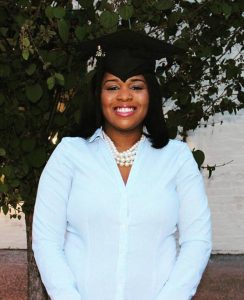
I didn’t really get serious about school until I had my son Jayden; at that point I had to do better not just for myself but for him as well. I had taken a couple of years off when trying to find the money to return and I realized without a degree I wouldn’t make it very far. So for me, school was the best option.
Do you have words of support and encouragement for Common Ground alumni? Your own story of persisting in college to share? Write them as a comment below, or on our Facebook page!

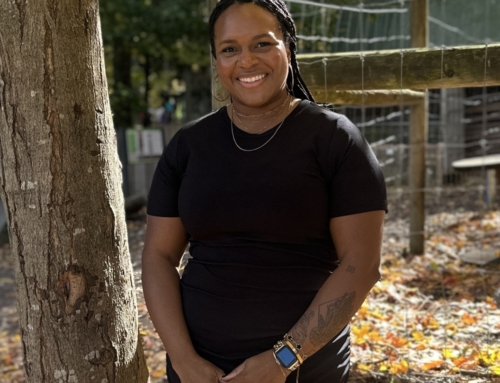
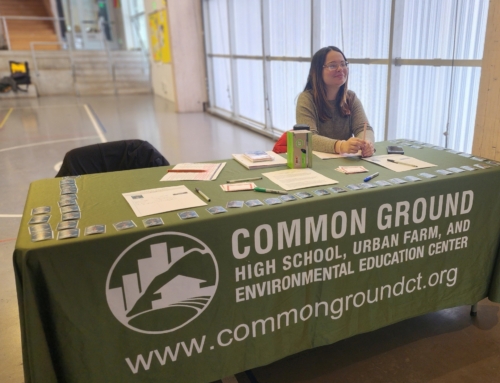

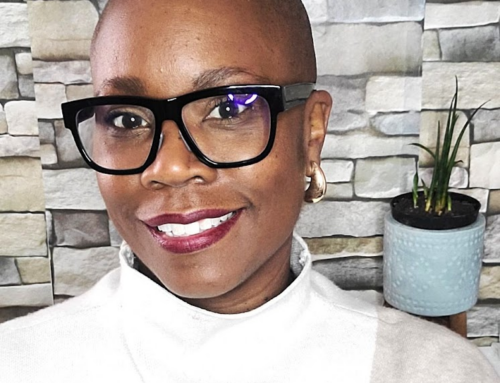
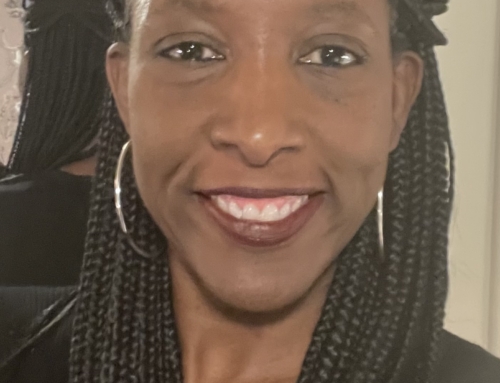
Leave A Comment